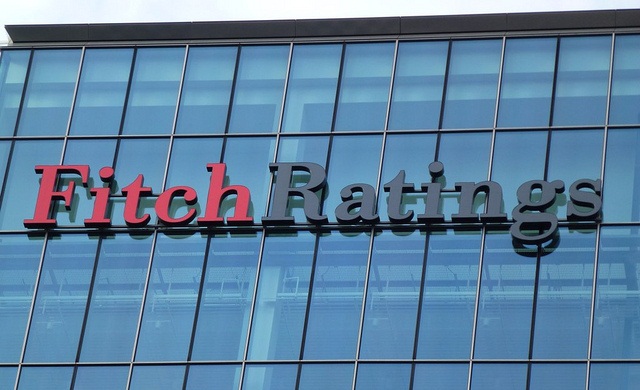Pressure is mounting on the United States to resolve debt crisis or it risks losing its AAA credit rating.

Rating’s agency Fitch has warned the United States government that it is in danger of losing its AAA credit rating as lawmakers try to resolve the country’s debt crisis.
Following a temporary agreement to avoid the Fiscal Cliff the US government is currently attempting to reach a deal to raise the legal limit of the amount federal debt the country is allowed to hold. Failure to reach agreement would “likely prompt a downgrade” in the US’s AAA crediting rating, says Fitch.
Both Houses in the US Congress need to agree to raise the debt ceiling above $16.4tn before the end of February or the country will be legally unable to pay its bills, including the wages of government employees.
Commentating whilst the debate continues the Treasury Department said that it had almost reached the point where it would be unable to meets its commitments “securely”.
Timothy Geithner, the Treasury secretary, stated that if the debt ceiling was not raised the department would be forced to “fund the government solely with the cash we have on hand on any given day”.
Rival rating’s agency Standard and Poor’s previously downgraded US debt to AA+ in 2011, leading to falls on global stock markets.
David Riley, Managing director of Fitch’s global sovereigns divisions, stated “we thought the 2011 crisis was a one-off event – if we have a repeat we will place the US rating under review” and that the “pressure on the US rating, if anything, is increasing”.
The Republicans, who currently control the House of Representatives, argue that the government needs to make significant spending cuts to reduce the national debt. President Obama, a Democrat like the majority in the Senate, has called the Republican’s argument as an “absurd” position from which to approach the issue and has instead called for raising the debt ceiling without prior conditions.
Mr Obama further argued that the Republicans “will not collect a ransom in exchange for not crashing the American economy” and that “the full faith and credit of the United States of America is not a bargaining chip and they better decide quickly because time is running short”.
House of Representatives Speaker John Boehner countered the President saying the “American people do not support raising the debt ceiling without reducing government spending at the same time. The consequences of failing to increase the debt ceiling are real, but so, too, are the consequences of allowing our spending problem to go unresolved”.
In a statement Fitch’s argue that “”Protracted debate prior to increasing the debt ceiling is not an exceptional event, but against the backdrop of unprecedentedly large peacetime budget deficits and outstanding debt, any delay in raising the limit would pose ever-increasing risks to the ability of the federal government to honour its obligations in a timely fashion”.









